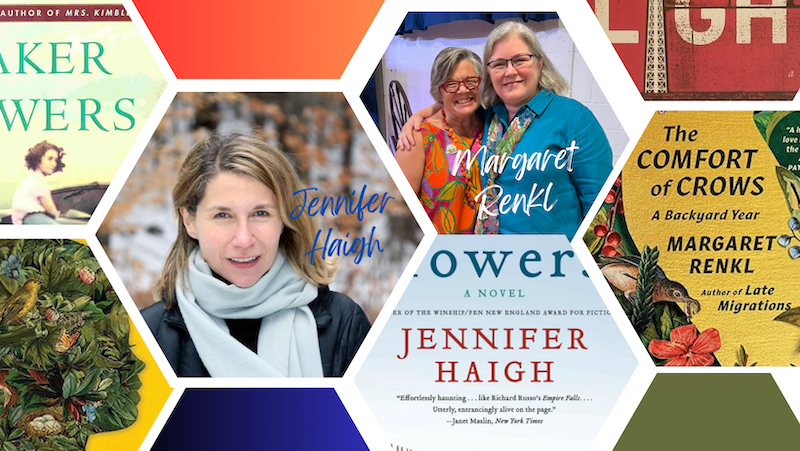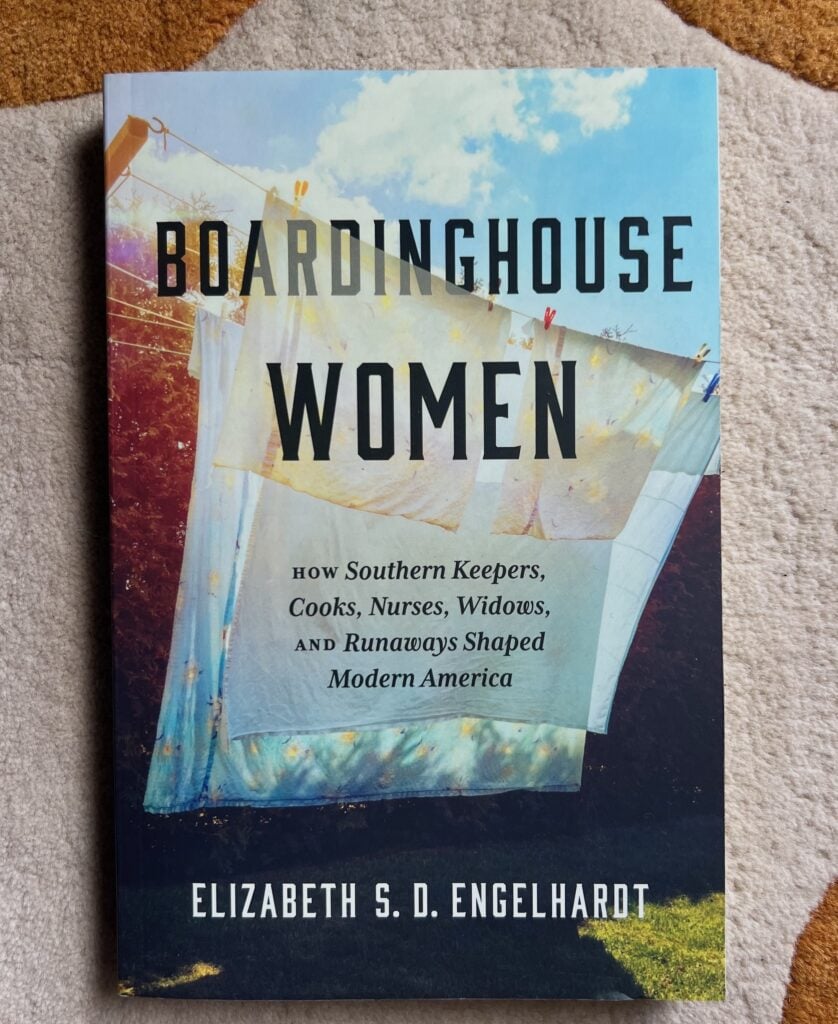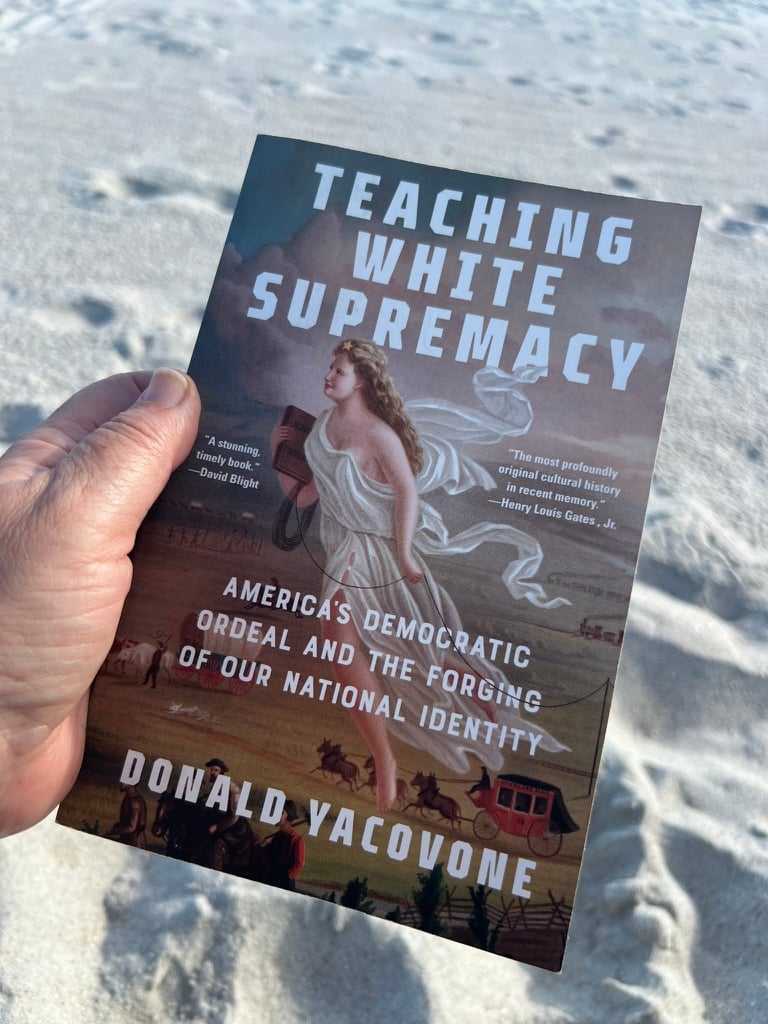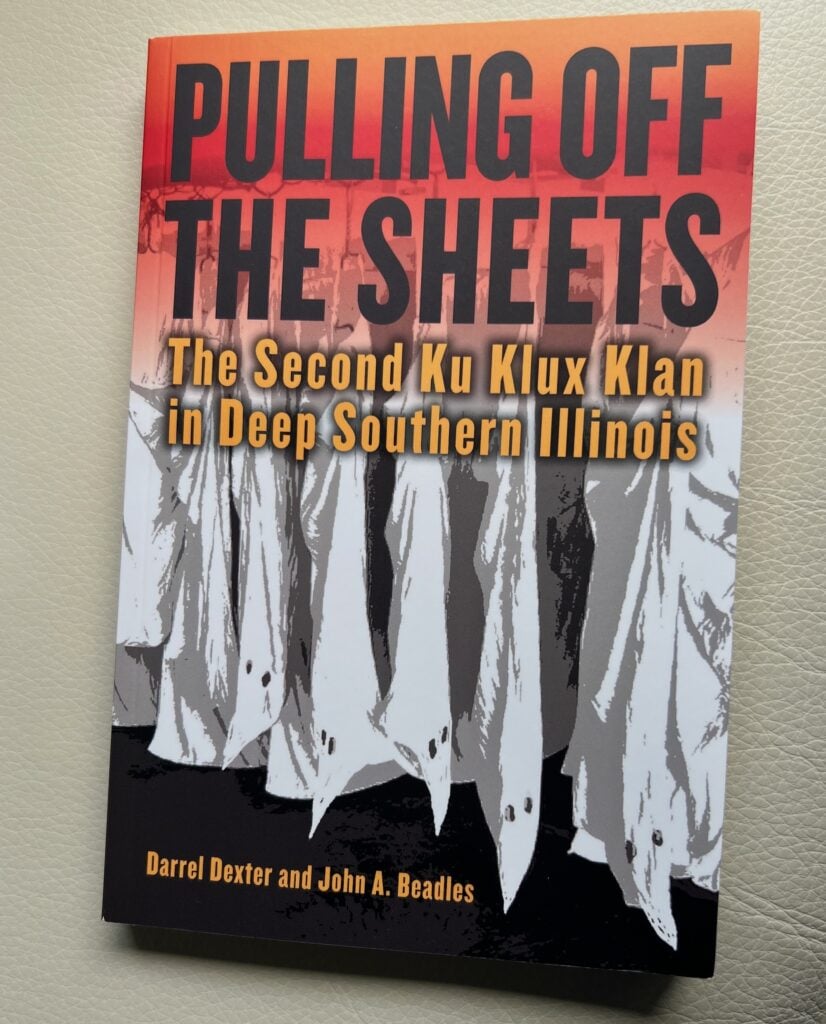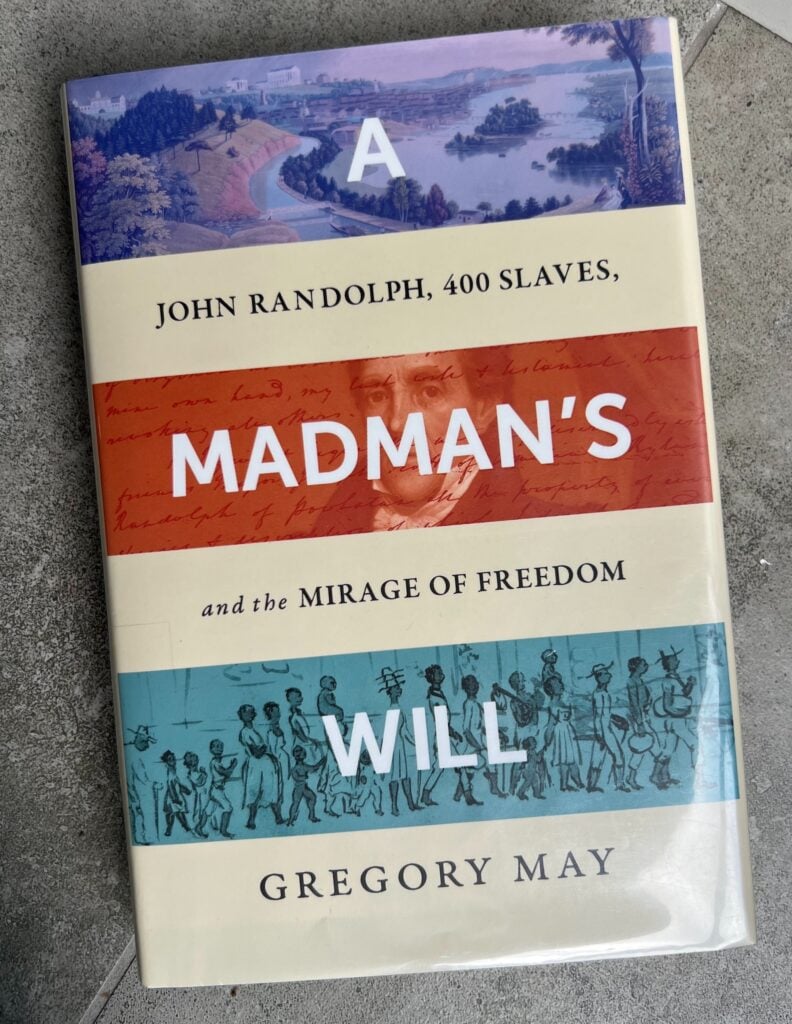I have great news! My book about the Ohio River’s racial legacy is in peer review at a major university press. This means experts in history, sociology, and public policy will give me advice to improve it, including suggested topics and interviews, before it goes to press (likely 2026).
Here I am, reading from “Along the Ohio: Traveling America’s Dividing Line” at the 47th Appalachian Writer’s Workshop. I was fortunate to spend the week studying with the inimitable Jennifer Haigh, and to meet NYT Columnist and author Margaret Renkl in the mountains of Eastern Kentucky.
When I write my Q4 update, I’ll have just returned from a motorcycle trip to Maine for the BMW Riders Association National Rally. Maine in late summer! I occasionally post my travels on Instagram, if you’re interested. Meanwhile, here are some book and podcast recommendations.
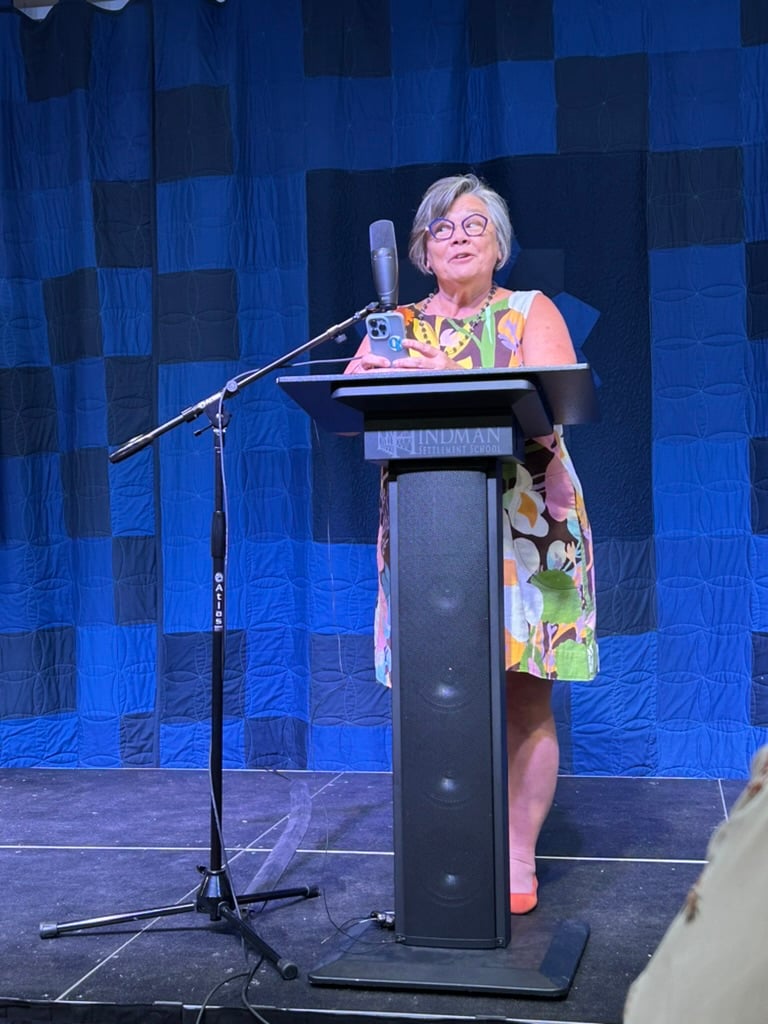
If you’ve been missing me on “the socials,” most of my online activity is at my two free email newsletters. I narrate every newsletter, so you can listen in the Substack app or in your favorite podcatcher.
So Much Reading
I’ve been writing more than reading this quarter, after all, books don’t write themselves. Here are a few new titles I’ve picked up for research. You can link through to read about them and purchase (non-affiliate link).
“If you haven’t read this book, it’s new to you.” ~ Ann Patchett
I have just discovered Patricia Highsmith, whose work may be more familiar to you as movies than as books. I like listening to murder mysteries, so Audible started recommending Highsmith to me. I loved Strangers on a Train and The Talented Mr. Ripley, which have repeatedly been adapted for the screen. Coincidentally, the NYT Books podcast just featured Tom Ripley in the July Book Club.
Good writers use interiority to help readers identify with characters, and Highsmith manages to provide plenty of it, driving you deep into the heads of sociopaths. She has an ineffable talent for plot and pacing, so I’m taking careful notes for my own (eventual) novel.
Reading stories set in the 1950s shows how much has changed about our daily lives with technologies that watch, listen, and tell on us. We know this intellectually, but being immersed in that era really brings it home. As David Bianculli on KQED observes: “Ripley was a grifter whose cons worked primarily because the passage of information then was so slow—no cellphones, no internet and plenty of ways to intercept, or lose, things in the mail. Back then, pulling his scams, Ripley could get away with murder. And eventually, he tries to.”
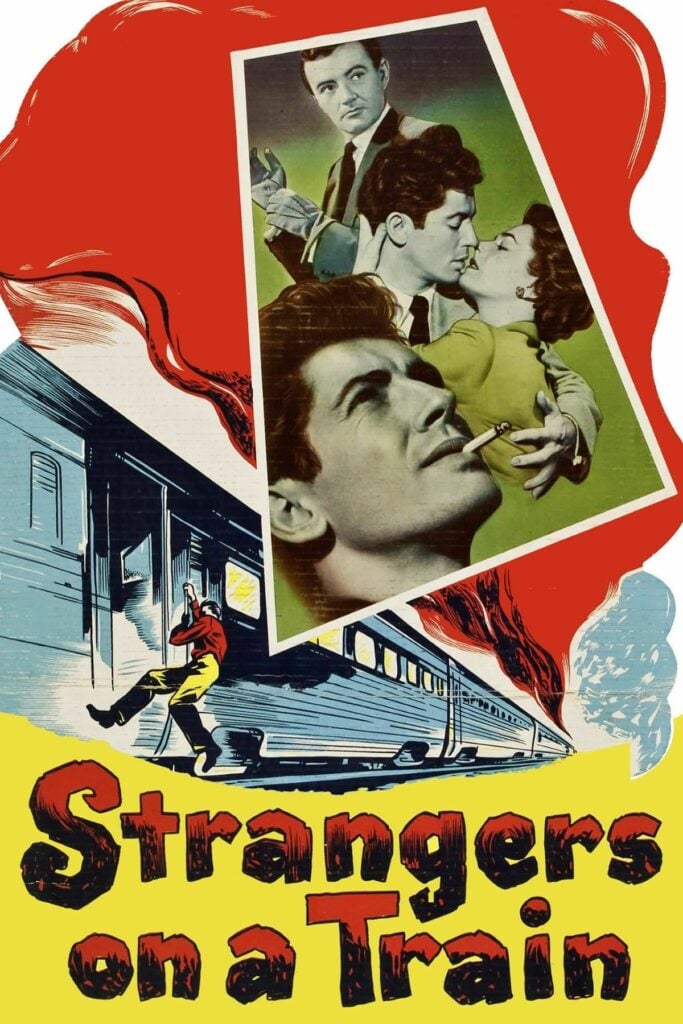
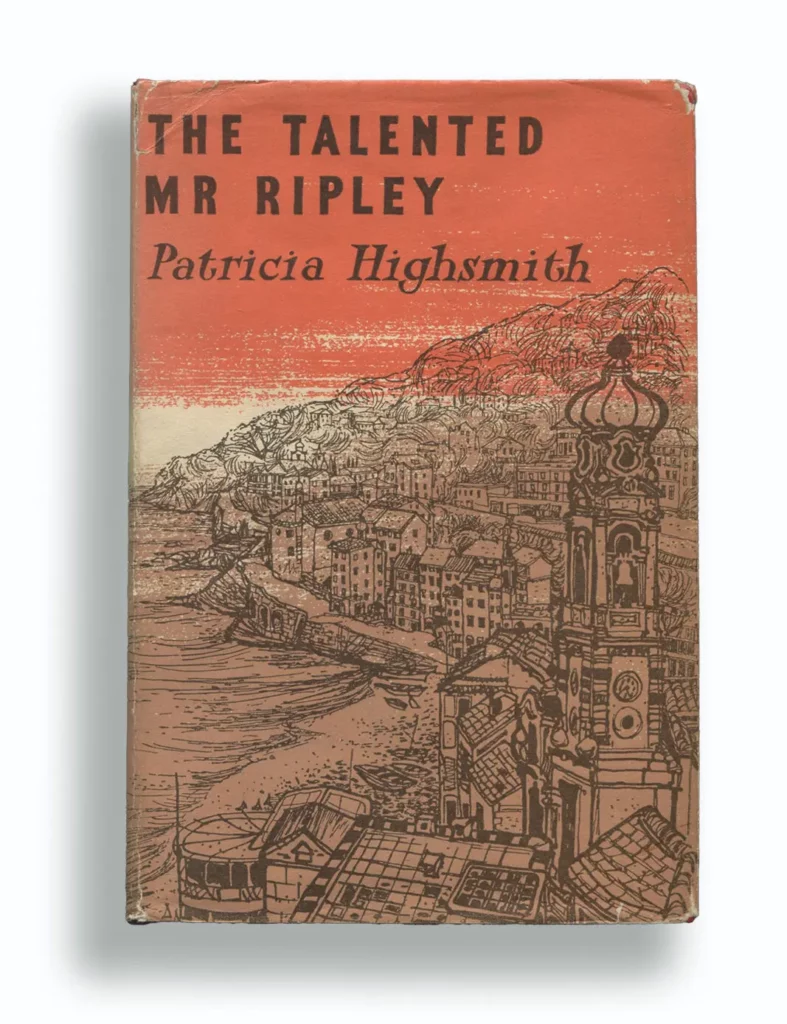
The Talented Mr. Ripley is now a Netflix series starring one of my favorite villain actors, Andrew Scott (Professor Moriarity in the Benedict Cumberbatch Sherlock series). Shot in black-and-white, it’s an eight-hour visual feast. As Linda Holmes of NPR says, “This is chilled noir filmmaking, where deep shadows land in cheekbone hollows and light is carved into blocks by bars and blinds. Scott’s eyes don’t just look dark; they look like onyx marbles.”

“Color photography can be done well or badly, thoughtfully or thoughtlessly. Black and white is the same. There is an interplay between light and architecture in Ripley, for instance, that would not be nearly as effective in color. Also, this is a story with some awful violence, and a scene of violence that does without the red blood that has been used and overused to the point of numbness is not any less brutal.”
Truly, this film is so gorgeous, you could turn off the sound and enjoy the cinematography. I’d pay good money for a screen saver of Ripley scenes.
Podcasts I Love
Most of my listening choices fall into the cultural, social, and economic, and racial history categories. I’ve always been more interested in the downtrodden themselves than the people who stepped on them during their climb to “the top” or were “of the manner born.” Here are three shows to consider.
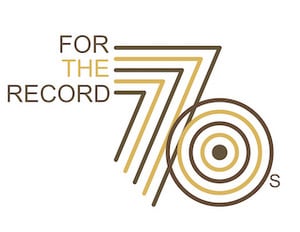
As a product of the seventies, I love this podcast by history teacher and “seventies-ologist” Amy Lively. For The Record: The 70s, examines the intersection of a wide variety of musical genres—pop, rock, country, country-pop, disco, punk, soul—with the historic events and decisions that helped shape our modern world. This one on Southern Rock is terrific.
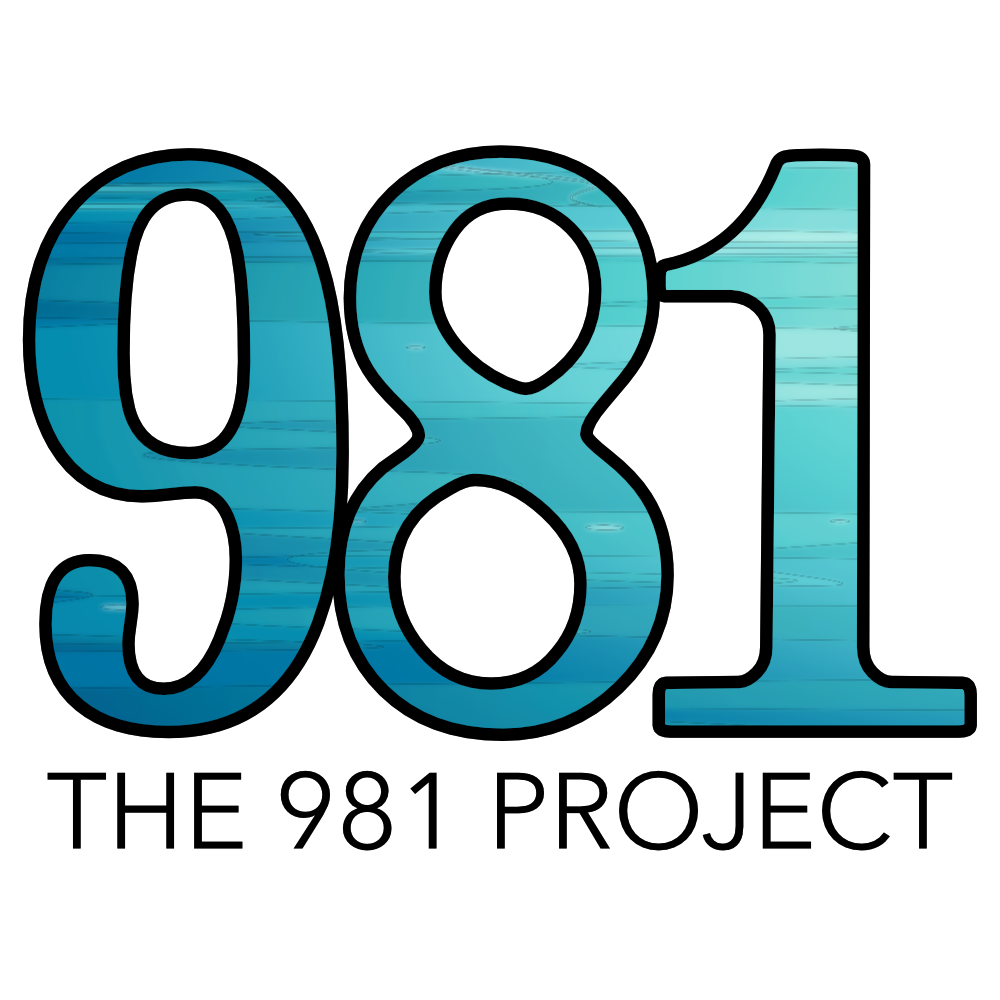
Shameless plug for my own podcast, where I narrate my 981 Project newsletter. I publish twice a month. The first edition is focused on culture, history, trivia, book reviews, and roadside kitsch from all 981 miles of the Ohio River. The second edition is a trivia quiz from the region (and tons of fun).

The Reckoning is a nine-part series about Kentucky’s history with slavery and how that history connects to issues we face today. Loads of experts and thoughtful topics. It offers a searchable database of over 100 oral histories of formerly enslaved Kentuckians, as well as inquiry materials aligned to the Kentucky Academic Standards for Social Studies. Learn more
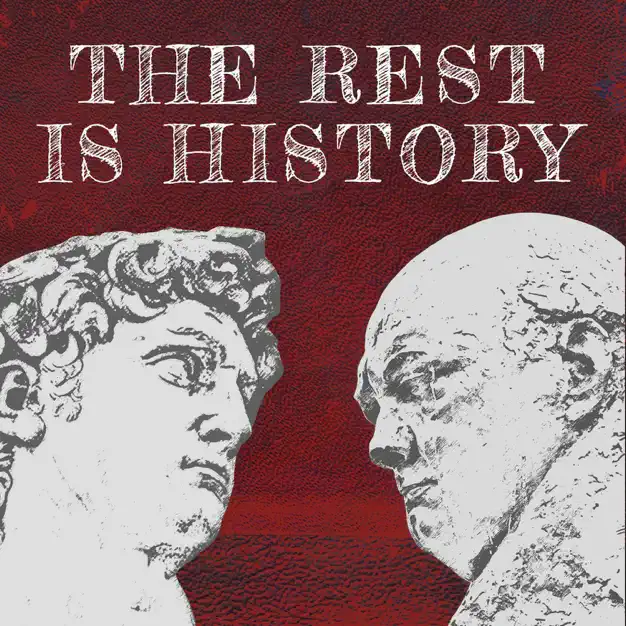
The Rest is History, with hosts with Tom Holland and Dominic Sandbrook is pure perfection. Reputedly the most popular history podcast in the world, its British hosts Tom Holland and Dominic Sandbrook have an irresistible chemistry. Both are trained historians who can address any subject in depth, with levity. Here’s one of my favorite culture episodes, Disco: Sex and Race in Seventies America, and another on Napoleon (first episode of a series).
